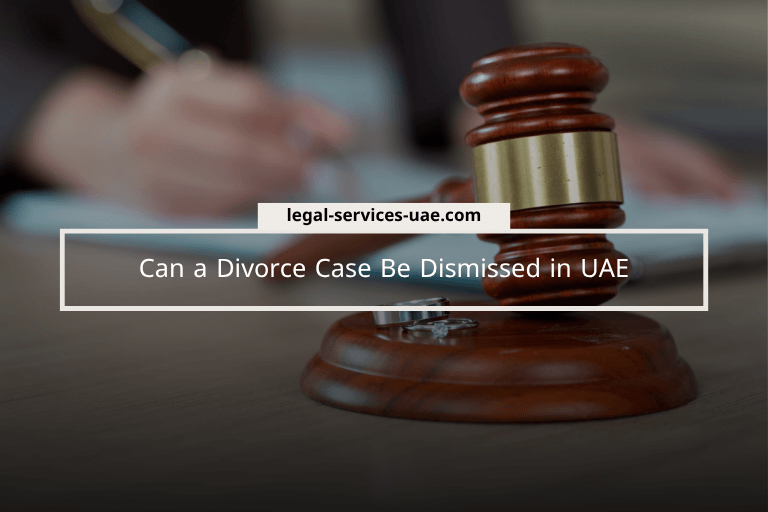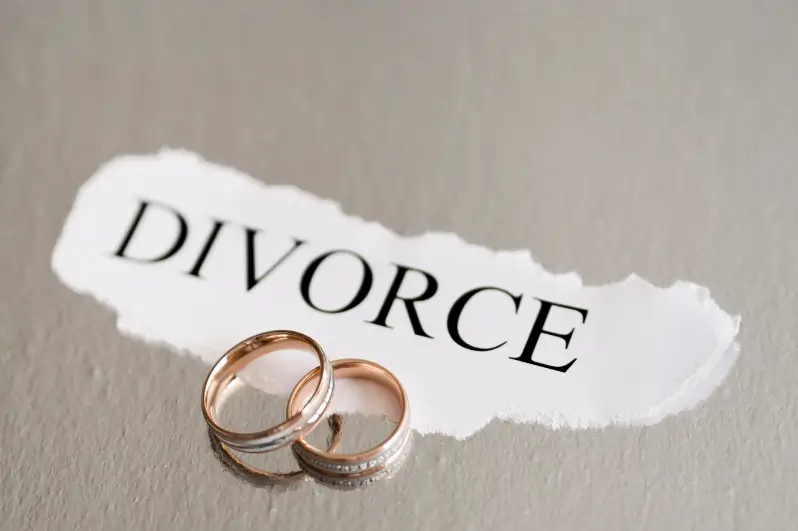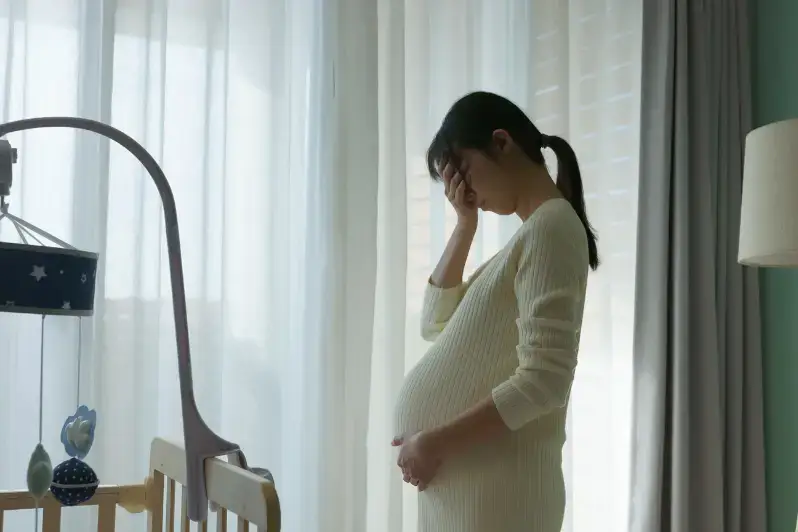Imagine a couple in Dubai, both having gone through multiple reconciliation sessions before the court. Suddenly, the spouse who filed the divorce application fails to appear at the hearing, the required documents are incomplete, and the case drags on. At the next session, the judge declares the case disposed of and informs them that their divorce case has been dismissed. This scenario raises the critical question: can a divorce case be dismissed?
As a Lawyer in UAE, it is essential to explore how and why a divorce case may be dismissed, what that means for both parties, and what options remain. Can a divorce case be dismissed? remains a key search phrase for anyone navigating matrimonial proceedings.
For tailored legal support in divorce and family law matters, click on the WhatsApp icon below.
فهرس المقال
- Understanding the Concept: What Does “Dismissed” Mean in a Divorce Case?
- Legal Framework in the UAE
- When Can a Divorce Case Be Dismissed?
- Can the Courts Deny a Divorce?
- Divorce Case Law — Selected Judicial Insights
- Practical Steps to Avoid Dismissal
- How Does Our Lawyer Assist You?
- FAQs Related to how can a divorce case be dismissed?
Understanding the Concept: What Does “Dismissed” Mean in a Divorce Case?
Before we explore UAE-specific divorce procedures, it is essential to clarify what a dismissal in legal terms actually entails.
A dismissal means that the court closes a case without granting the petitioner’s requested relief—in this case, a divorce. When this happens, the parties remain legally married. Dismissal can result from procedural lapses, insufficient documentation, or failure to comply with court-mandated steps. Understanding this concept helps parties navigate legal processes with clarity and avoid unexpected roadblocks.
Legal Framework in the UAE
Understanding the governing laws and regulations is critical to recognizing how divorce cases can be dismissed in the UAE.
Applicable Laws
For Muslim couples, Federal Law No. 28 of 2005 on Personal Status applies. It outlines conditions such as harm, discord, or desertion as valid grounds for divorce. This law has undergone amendments, with the latest changes introduced in 2020 to streamline family court processes.
For non-Muslim residents, Federal Decree-Law No. 41 of 2022 on Civil Personal Status provides a more simplified, no-fault approach. It allows either spouse to request a divorce without proving wrongdoing, promoting a more efficient resolution for non-Muslim families.
When Can a Divorce Case Be Dismissed?
Several legal and procedural issues can lead to the dismissal of a divorce case in the UAE. Below are the primary causes.
1. Procedural Defects or Non-Compliance
Cases filed in the wrong jurisdiction, without translated documents, or lacking reconciliation committee clearance are subject to dismissal. The UAE courts emphasize procedural accuracy, and failure to adhere to basic formalities often leads to termination of proceedings without judgment.
2. Insufficient Grounds or Evidence
If a spouse alleges harm or neglect but cannot substantiate these claims with witness testimony, written records, or corroborating evidence, the court may find the petition lacks merit. This is particularly relevant in fault-based divorces, where burden of proof lies with the complainant.
3. Failure to Appear or Follow Orders
Frequent absences from hearings, ignoring court deadlines, or missing mandatory conciliation sessions may result in the case being closed. Courts interpret absence as a lack of seriousness, especially when multiple notices are issued with no valid response.
4. Duplicate Cases or Jurisdictional Conflicts
Filing parallel divorce petitions in different Emirates or attempting to litigate in a court lacking jurisdiction (e.g., DIFC when Sharia Court is appropriate) can cause procedural conflict. This often leads the court to dismiss the newer or improperly filed case.
5. Withdrawal of the Petition
When the initiating party voluntarily withdraws their application, either due to reconciliation or strategic change in legal approach, the case is closed. While this may seem straightforward, it may impact future filings if not managed properly.
Can the Courts Deny a Divorce?
Absolutely. Courts have the discretion to deny divorce if the claimant does not meet evidentiary or procedural thresholds.
Judges are guided by statutory requirements and court precedents. Under Federal Law No. 28 of 2005, the absence of sufficient evidence or the failure of arbitration between spouses can lead to rejection.
For non-Muslims, neglecting simple procedural steps under Federal Decree-Law No. 41 of 2022 can have the same result. Each step must be completed precisely to receive judicial approval.
Divorce Case Law — Selected Judicial Insights
Legal commentary and case reviews in the UAE show courts have dismissed divorce petitions due to insufficient claims, non-compliance with procedural rules, or conflicting jurisdictions.
For example, in Abu Dhabi, several cases were dismissed after petitioners failed to complete reconciliation sessions or provide translated marriage contracts. These insights underline the importance of a competent Lawyer in UAE to avoid avoidable dismissals and ensure compliance with court expectations.
Practical Steps to Avoid Dismissal
Here are the recommended actions to take if your case is at risk:
- Confirm your case status with court registry to avoid acting on incorrect assumptions.
- Request official dismissal reasons, which courts must usually provide in written form.
- Assess whether your case can be refiled, depending on the reason for dismissal.
- Retain a skilled Lawyer in UAE to manage deadlines, file appeals or re-petitions, and present your case effectively.
- Consider switching to a more appropriate legal route, such as a no-fault divorce under the non-Muslim framework if applicable.
How Does Our Lawyer Assist You?
Choosing the right Lawyer in UAE makes a significant difference in how quickly and effectively your divorce is resolved.
- 15+ Years of Experience: Our lead lawyers have handled over 500 family law cases across Dubai, Abu Dhabi, and Sharjah, many involving complex dismissals and re-filings.
- 95% Success in Refiling Dismissed Cases: We have successfully reopened and pursued favorable outcomes in the majority of improperly dismissed petitions.
- Full-Service Legal Support: From drafting petitions and preparing evidence to appearing before the Family Guidance Committee and court hearings, we handle every stage.
- Multilingual Legal Team: Our staff are fluent in Arabic, English, Hindi, and Tagalog, ensuring seamless communication and document translation.
- Strategic Case Review: We assess why a case was dismissed and build a stronger legal foundation before re-filing, avoiding repeated errors.
FAQs Related to how can a divorce case be dismissed?
In summary, can a divorce case be dismissed? Yes. Divorce cases in the UAE can be dismissed for procedural errors, insufficient evidence, or non-compliance. The dismissal means no divorce is granted, and the marriage continues.
As a professional Lawyer in UAE, we ensure your case complies with all legal standards to avoid dismissal. Whether you are initiating or defending a divorce case, experienced legal support is crucial.
Need expert help? Contact us via the WhatsApp button below to schedule a consultation.
Disclaimer: The information provided is for educational purposes only and does not constitute legal advice. For personalized guidance, consult a licensed UAE attorney.
Legal Sources:
- Federal Law No. 28 of 2005 on Personal Status
- Federal Decree-Law No. 41 of 2022 on Civil Personal Status for Non-Muslims
- Official UAE Legislation Portal
- Abu Dhabi Judicial Department – Judgments Search
- UAE Government Divorce Overview
Was this helpful?
Specialized Legal Content Writer, possessing deep legal knowledge and exceptional ability to demystify legislation and analyze judicial developments. He delivers clear, precise content that helps you understand your legal rights and obligations while empowering you to make informed decisions across diverse legal domains. Working within our expert legal team, he ensures credibility and trustworthiness in every piece of content.




